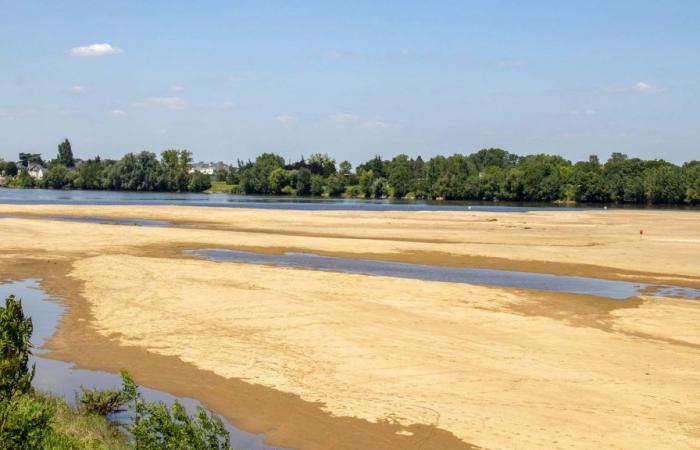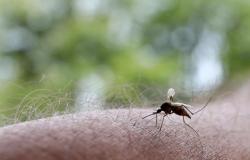As a service manager, our priority is to guarantee the continuity of essential services and to organize them to anticipate and manage crises. With the increase in drought episodes due to climate change, our goal is to ensure effective communication of major events, which may affect water and sanitation services, to the relevant decision-makers, so that you always benefit from reliable and quality service.
To enable you to anticipate periods of shortage and maintain a constant and reliable supply of water, even in periods of drought, we adopt proactive and efficient management of water resources. Thanks to the use of artificial intelligence, we instrument resources (surface water, boreholes, springs, aquifers, etc.) to model their level and their behavior, in order to precisely predict the state of resources in 3 days, 3 weeks. , 3 months, 3 years. In an alert situation (drought, low groundwater level) your users are subject to appropriate preventive and restrictive measures, to limit uses and maintain groundwater levels, with increased vigilance and consumption restrictions ( watering of green spaces authorized only in the evening and at night for example) until the rain returns, thus ensuring the preservation of the water resources of your territory, for sustainable and responsible use. Irrigation must be optimized and strictly regulated during periods of water stress to preserve water resources. Consumption limitation can be governed by a system of prefectural decree in a geographical area (department, municipalities) to guarantee the vigilance of users and preserve the level of water tables. Agriculture must adopt sustainable and resilient practices to cope with increasing water stress and preserve water resources.
If a crisis could not be prevented and your territory lacks drinking water due to a deterioration in the quantity and/or quality of water available, we mobilize solutions adapted to your situation. This includes temporary supply from alternative resources: the deployment of mobile water treatment units, the delivery of water by tanker trucks and the distribution of drinking water to residents. These measures make it possible to quickly compensate for the shortage of drinking water and respond to the urgent needs of populations affected by the crisis. Our approach aims to ensure the continuity of the supply of drinking water, even in the most critical situations, thus guaranteeing public safety and health.
To protect the health of users, allow everyone to organize themselves and avoid tension on drinking water. We organize communication and consultation with the various water users to share the resource fairly and restore the situation as quickly as possible. Clear and transparent communication is essential in managing a crisis, to quickly and effectively inform stakeholders about the situation and the measures taken to remedy it. This includes, for example, information on the nature of the crisis, its causes, its impact and the actions taken to ensure the supply of drinking water. The objective is to reassure users, prevent stress, encourage cooperation in the implementation of emergency measures (water restrictions) to help manage expectations while waiting for the situation to improve.
Drought exacerbated by climate change is causing a drop in water levels, thus increasing water stress in many countries around the world. Faced with increasing water stress and regular limitations on water use, water withdrawals must be strictly regulated to ensure responsible and sustainable management of available water resources.






